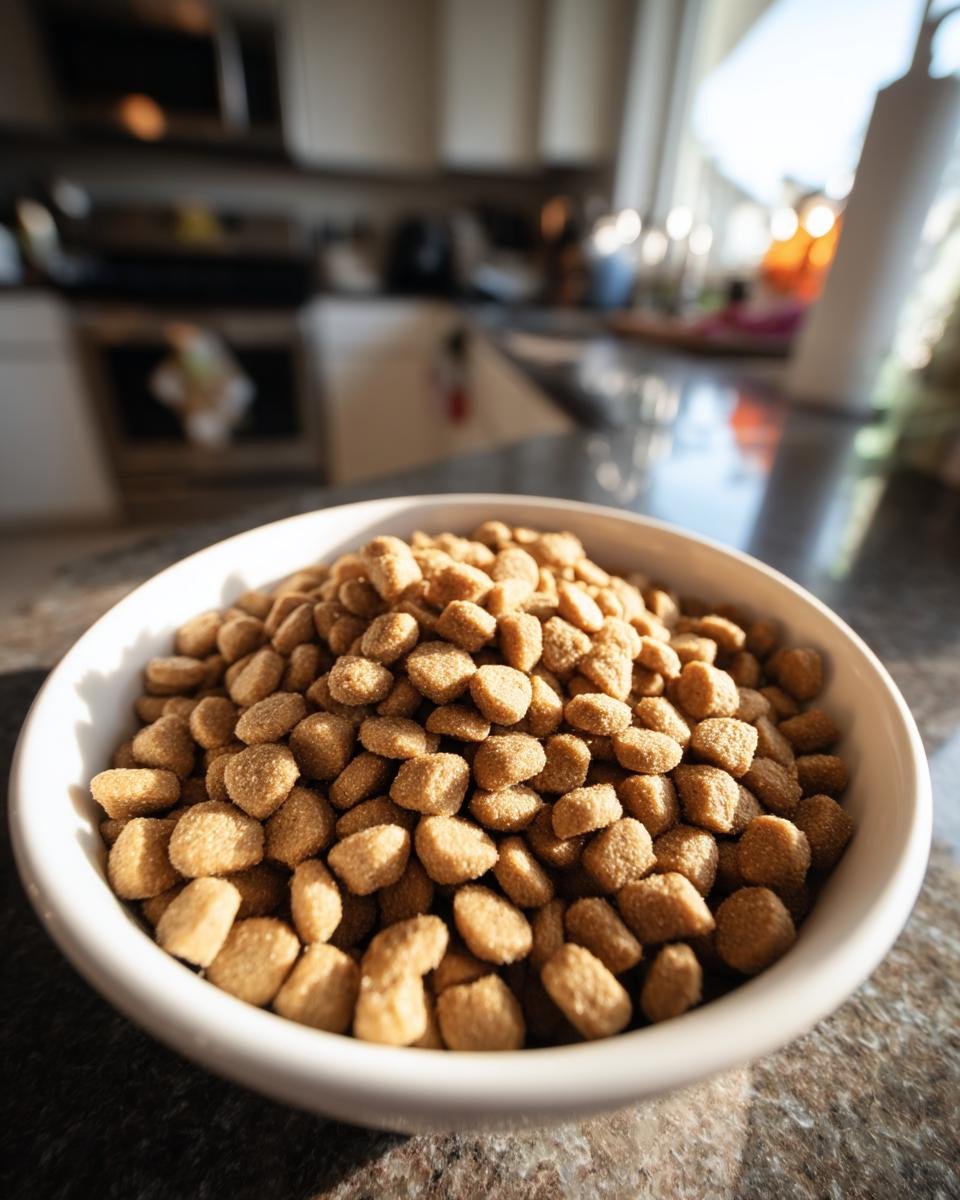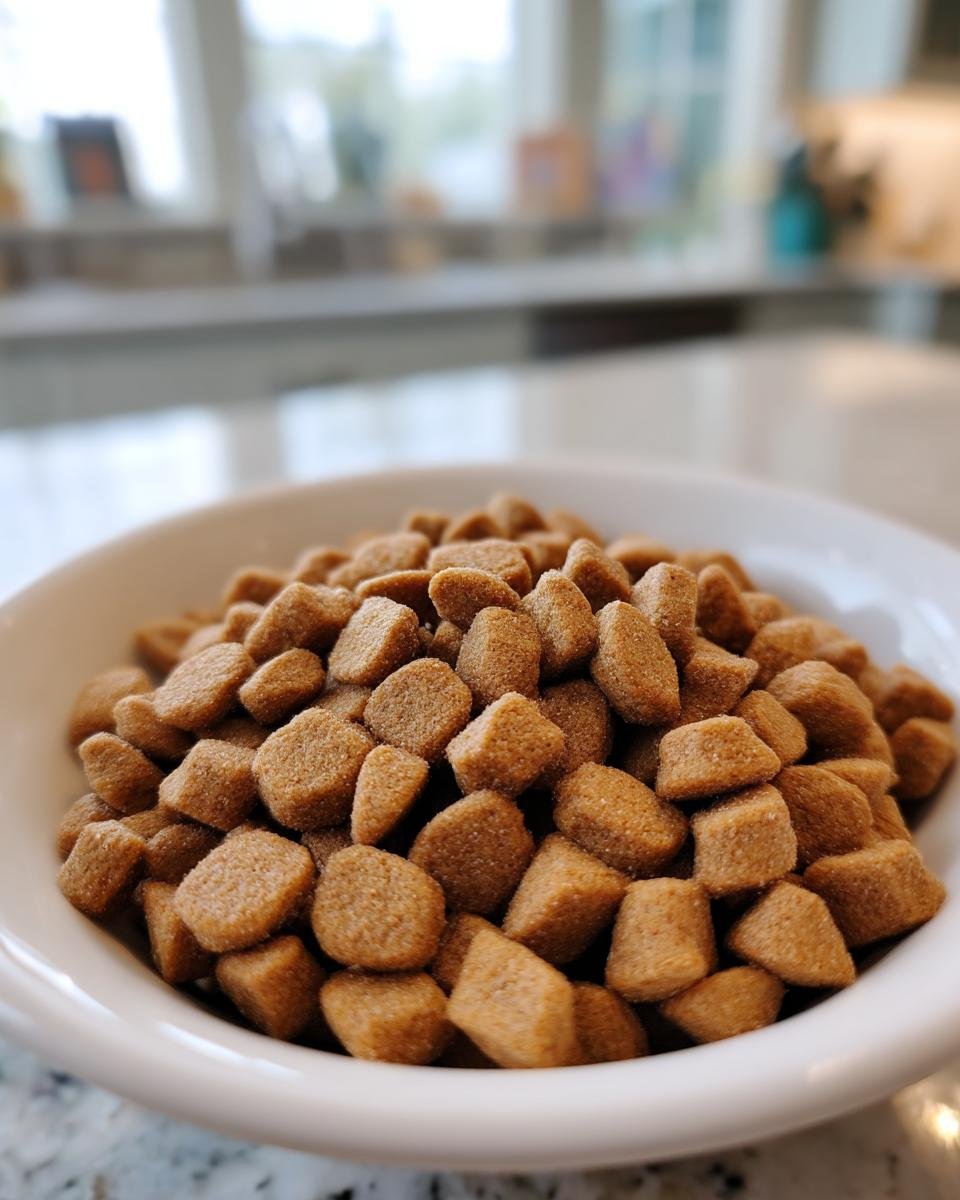Okay, so you’ve just brought home a bouncing bundle of fluff, right? Pure joy! But then… uh oh. Tummy troubles. Finding the perfect food for a puppy with a sensitive stomach can feel like solving a really tricky puzzle. I totally get it. When my little guy, Gus, first came home, we went through a few different foods and let me tell you, it was an adventure – and not always a fun one! Puppy tummies are delicate things, and getting their nutrition right is SO important for them to grow up big and strong and happy. It’s overwhelming with all the options out there!
Don’t you worry though! I’ve done the legwork, talked to experts, and learned a thing or two from my own trial-and-error (and Gus’s sensitive system!). We’re going to walk through exactly what to look for in puppy food sensitive stomach options, so you can feel confident you’re giving your furry friend the very best start.

Why Your Puppy Needs Special Puppy Food Sensitive Stomach
So, why do some puppies get those tricky tummies? Well, their digestive systems are still developing, kind of like little factories just starting up. Sometimes, certain ingredients are just too hard for them to break down properly. You might notice things like loose stools (yep, we’re going there!), gas, vomiting, or even a lack of appetite. It’s heartbreaking to see them uncomfortable!
That’s where specially formulated puppy food for sensitive stomachs comes in. These foods are made with ingredients that are much easier on their little systems. Switching to the right food can make a world of difference, helping them digest properly, absorb all those important nutrients they need to grow, and finally feel comfortable. Happy tummy, happy puppy!

Key Ingredients for Puppy Food Sensitive Stomach
Alright, let’s get down to the nitty-gritty – what *should* you be looking for on that ingredient list? This is where we become super sleuths for our pups! When you’re hunting for puppy food for a sensitive stomach, the ingredients are the absolute most important part. We want things that are easy on their little tummies, help things move smoothly, and don’t cause any unnecessary fuss.
Think of it like building a gentle, happy highway for their food. We need easily digestible stuff, things that help the good bacteria in their gut, and definitely nothing fake or irritating. Limited ingredient formulas can be your best friend here, especially if you’re trying to figure out if a specific ingredient is the culprit behind the tummy troubles.
Oh, and keep an eye out for omega-3 fatty acids! These aren’t just good for shiny coats (though they are!), they also help with inflammation, which can be a big deal for sensitive systems.
Digestible Proteins for Puppy Food Sensitive Stomach
First up, protein! Puppies need lots of protein to grow those strong muscles, but for sensitive tummies, the *type* of protein matters. We’re looking for sources that are less likely to cause a reaction and are easy to break down. Chicken, turkey, and lamb are usually fantastic choices here. They’re common, readily available, and generally well-tolerated by most pups.
Think of them as the “gentle giants” of the protein world for puppies. They provide all the building blocks without making the digestive system work overtime. You’ll often see these listed as the first ingredient on good-quality sensitive stomach foods.
The Role of Prebiotics and Probiotics in Puppy Food Sensitive Stomach
Okay, this might sound a little science-y, but stick with me! Prebiotics and probiotics are like the ultimate dynamic duo for gut health. Probiotics are the good bacteria themselves – the tiny helpers that live in the gut and help break down food and keep things balanced. Prebiotics are the *food* for those good bacteria. They help the probiotics grow and thrive.
Including these in puppy food for a sensitive stomach is a game-changer. They help create a healthy gut environment, which means better digestion, less gas, and firmer stools. It’s like giving their little digestive factory the best possible tools and staff to do its job right!
How to Choose the Best Puppy Food Sensitive Stomach
Alright, you’ve armed yourself with knowledge about ingredients, so now comes the fun part – actually picking the food! Navigating the pet food aisle (or website) can still feel a bit overwhelming, but we’re going to break it down. Choosing the right puppy food for a sensitive stomach isn’t just about grabbing the first bag that says “sensitive” on it. It’s a bit of a process, and patience is key!
The most important thing? Don’t go it alone! Your vet is your absolute best friend in this process. They know your puppy’s specific health history and can help you pinpoint potential issues. Plus, how you introduce any new food is crucial to avoid making things worse.
Consulting Your Veterinarian About Puppy Food Sensitive Stomach
Seriously, this is step one, zero exceptions! Before you even *think* about buying a new bag of food, chat with your vet. They can rule out any underlying medical issues that might be causing the tummy troubles. Sometimes, it’s not just a sensitive stomach, but something else going on. Your vet can recommend specific brands or types of food based on your puppy’s age, breed, and symptoms. Think of them as your personal guide through the sensitive stomach maze!
Slowly Transitioning to New Puppy Food Sensitive Stomach
Okay, you’ve got the vet’s okay and a new food in hand. RESIST the urge to just dump a bowl full of the new stuff! Switching food too quickly is one of the fastest ways to cause digestive upset, even with a sensitive stomach formula. We need to go slow and steady, like a gentle boat ride, not a speedboat!
Here’s the basic game plan: Start by mixing a small amount of the new food with their old food. Like, maybe 25% new food and 75% old food for a few days. If things look good (stools are solid, puppy seems happy), gradually increase the amount of the new food over the next week or so. Go to 50/50 for a few days, then 75% new/25% old, until you’re eventually feeding 100% new food. Watch their stools closely during this time! If things get loose again, back off on the new food amount and go even slower. It might take 7-10 days, or even longer, depending on your pup. Patience, remember?

Tips for Success with Puppy Food Sensitive Stomach
Finding the right food is a huge win, but there are a few other little things you can do to help your sensitive-stomached pup feel their best. Routine is your friend here! Try to feed them at the same times every day. This helps their digestive system get into a rhythm. Also, resist those adorable puppy-dog eyes begging for your table scraps!
Human food, even just a little bit, can really mess with a sensitive tummy. Stick to their specially formulated food. And always, *always* make sure they have access to fresh, clean water. Staying hydrated is super important for overall health and digestion. Simple things, I know, but they make a big difference!
Frequently Asked Questions about Puppy Food Sensitive Stomach
Okay, even with all this info, it’s totally normal to have more questions pop up! Dealing with a sensitive puppy tummy can feel like a moving target sometimes. Here are a few things people often ask when they’re navigating the world of puppy food for sensitive stomachs.
How long does it take to see results from a new food? You should hopefully start seeing some improvement within a week or two of fully transitioning to the new food. But remember that slow transition we talked about? The whole process, including the transition, might take a few weeks before you see the full benefits. Be patient!
What if my puppy still has issues after switching food? If you’ve transitioned slowly and your puppy is still having tummy troubles after a few weeks on the new food, it’s time to call the vet again. It might be that this particular food isn’t the right fit, or there could be something else going on that needs their expertise. Don’t feel discouraged, finding the perfect food can sometimes take a couple of tries.
Are grain-free options necessary for puppy food sensitive stomach? Not necessarily! Grain sensitivity in dogs is actually pretty rare. Often, it’s other ingredients like certain proteins or additives that cause issues. Grain-free isn’t automatically better for a sensitive stomach. Focus more on easily digestible proteins and limited ingredients rather than just whether it has grain or not. Your vet can also weigh in on this based on your puppy’s specific needs.
Nutritional Information Disclaimer
Just a quick heads-up about the nutritional information you might find on pet food labels or even in resources like this one. While we always aim to give you the best, most helpful guidance, the exact nutritional breakdown (like calories, protein percentages, etc.) can vary a bit depending on the specific brand and formula of puppy food for sensitive stomachs you choose. Think of any numbers as general guidelines, not set-in-stone facts for every single bag out there. Always check the specific packaging of the food you buy for the most accurate nutritional details for *that* particular product!
Share Your Experience
Phew! We covered a lot, right? Finding the best puppy food for a sensitive stomach can definitely be a journey. I’d love to hear how it’s going for you and your little furball! Have you found a food that works wonders? Any tips you’d add? Drop your experiences and questions in the comments below – let’s help each other out!
Print
Unlocking 2 Secrets For puppy food sensitive stomach
- Diet: Low Lactose
Description
Find the best food for your puppy with a sensitive stomach. Learn about ingredients and options.
Ingredients
- Easily digestible protein sources (e.g., chicken, turkey, lamb)
- Prebiotics and probiotics
- Limited ingredients
- No artificial colors, flavors, or preservatives
- Omega-3 fatty acids
Instructions
- Consult your veterinarian.
- Slowly transition to new food.
- Monitor your puppy’s stools.
- Choose food with simple, digestible ingredients.
- Look for prebiotics and probiotics.
Notes
- Every puppy is different.
- Finding the right food takes time.
- Be patient with the transition.
- Seek professional advice.
- Category: Pet Care

